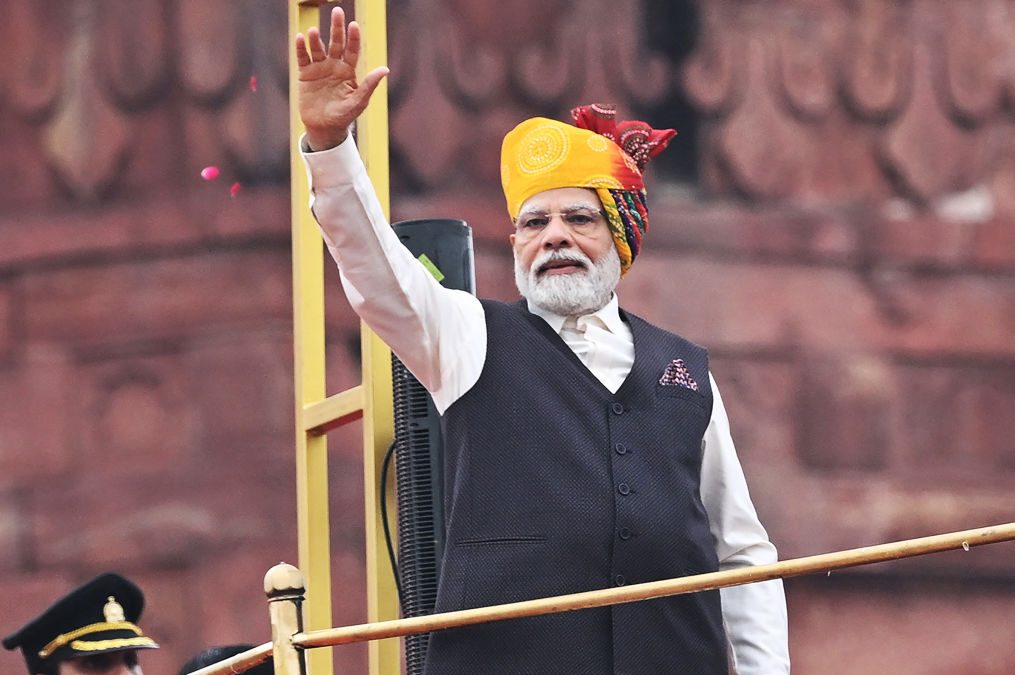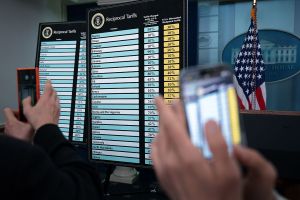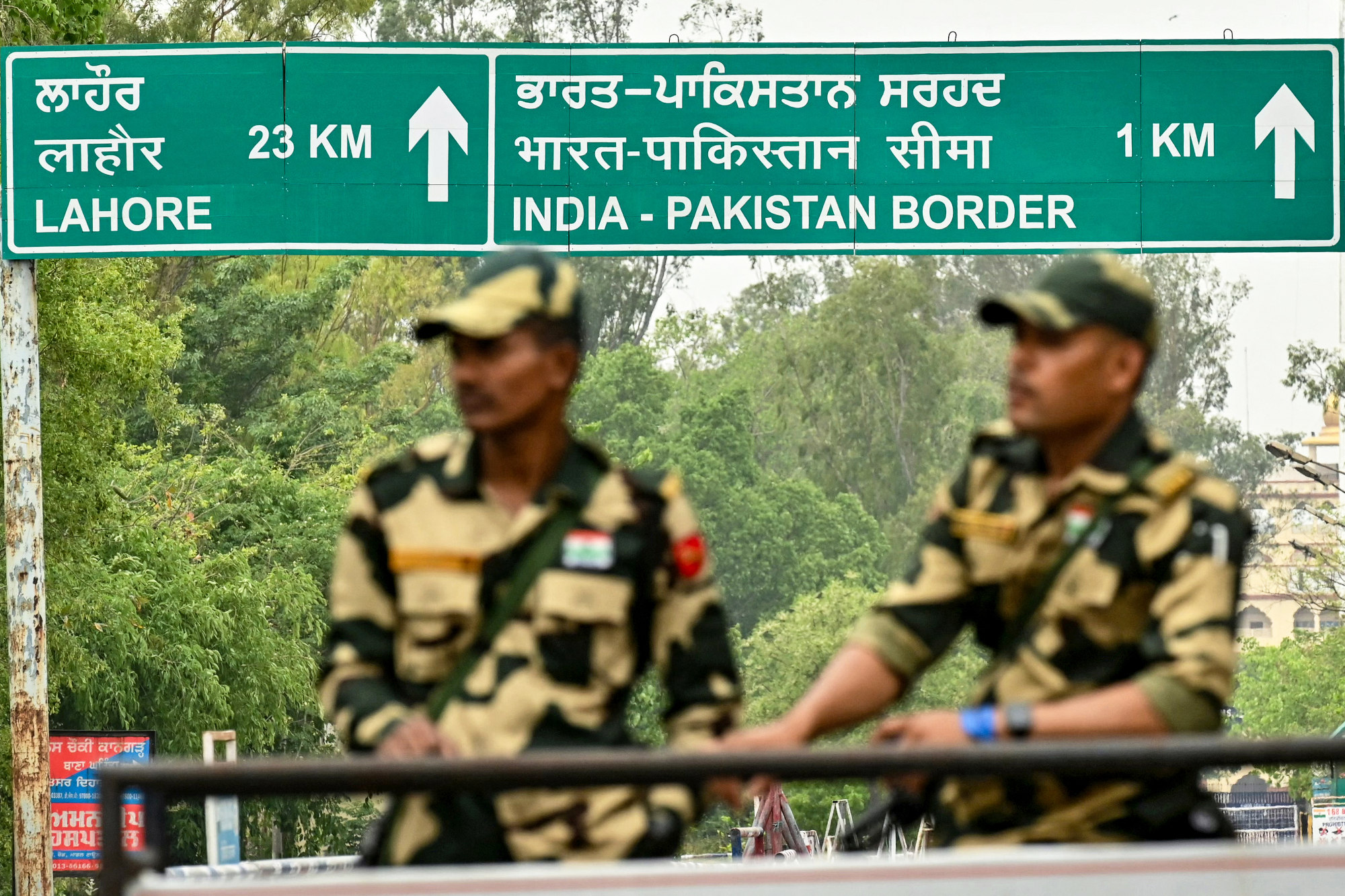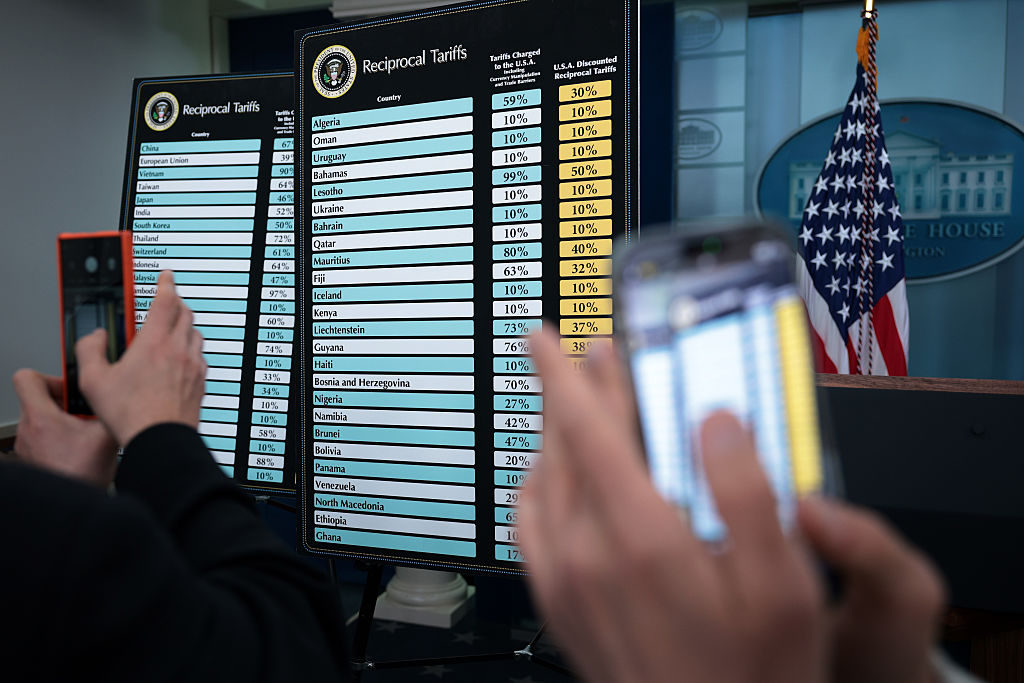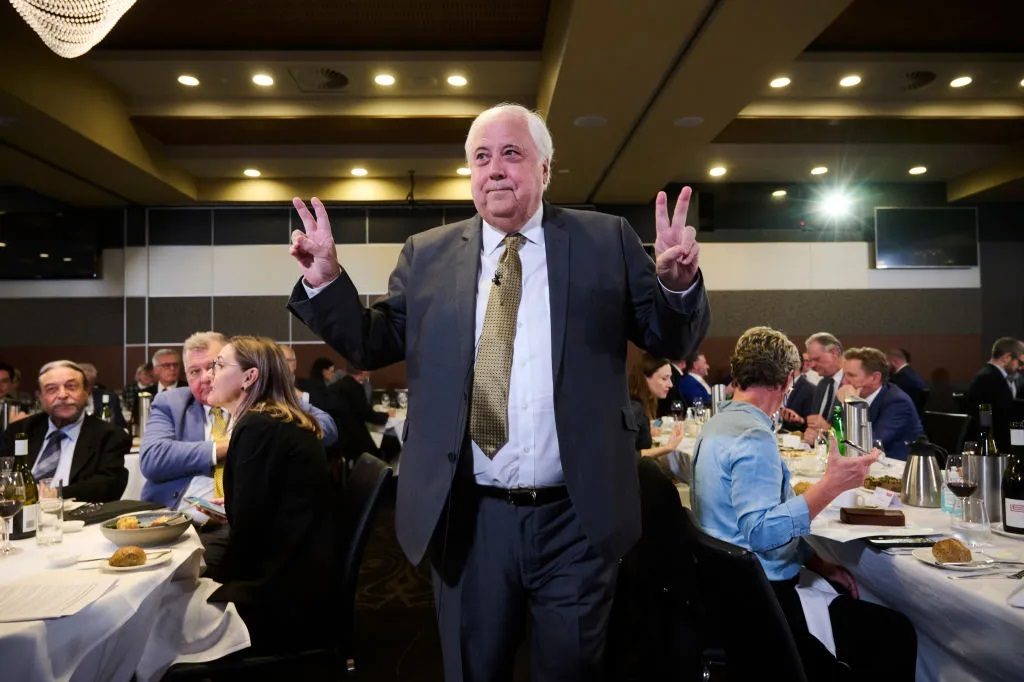India’s rulers are apparently unhappy with the country’s name and appear determined to do away with it altogether. They would prefer it if everyone — not just in India but across the rest of the world — used the name “Bharat” when referring to it. Changing India’s name is political madness, amounting to nothing more than a divisive ploy dreamt up by Hindu nationalists for short-term gain.
Rumors of an imminent name change have been flying after official invites for the G20 summit asked leaders to join the “president of Bharat” for dinner. Officials also used the term in a handbook — called “Bharat, The Mother of Democracy” — issued to foreign delegates heading to the summit. A further clue came when a senior spokesman for the ruling Bharatiya Janata Party (BJP) tweeted that the country’s leader, Narendra Modi, was attending a summit of the Association of Southeast Asian Nations (ASEAN) in Indonesia as the “prime minister of Bharat.”
A name change suits Modi’s short term political agenda, with a general election due next year
“Bharat” is a Sanskrit term for India found in ancient Hindu scriptures, written about 2,000 years ago. The word also means “India” in Hindi. Yet the traditional name “India” also has deep roots, tracing its origins to the river Indus, as well as terms commonly used to refer to the subcontinent for many centuries, stretching as far back as the ancient Greeks.
The problems with the name are not really about any of this complex history though. For Narendra Modi and his acolytes, “India” is simply a name that symbolizes “colonial slavery,” given to the country by the Raj. Britain, then, is to blame.
This is a blatant rewriting of India’s history and past. In its constitution, the world’s most populous country is known as India and Bharat. Article 1 says that “India, that is Bharat, shall be a union of states.” It is just one line though. Everywhere else in the constitution the country is referred to as India.
The constitution dates from 1950, and was written after years of debate and discussion by the country’s new leaders following independence in 1947. They decided to keep the name India. Modi and his ruling band of Hindu nationalists don’t think much of modern India’s founding fathers and it helps their political agenda to suggest that they got things wrong.
A name change also suits the BJP’s short term political agenda, with a general election due next year. It deals a nifty and convenient blow to their political opponents, who only recently formed a twenty-six-party coalition called INDIA, an acronym for “Indian National Developmental Inclusive Alliance.” The opposition parties have rightly reacted with scorn and fury to the idea of India changing its name.
Leaving politics aside, this name change makes little practical sense. India’s official websites continue to use the term “government of India.” The country’s president, Droupadi Murmu, who issued the dinner invitation that sparked the name change rumors, still refers to herself as the “president of India” everywhere else. The name is used in all official communications and documents in English, including passports and other identity documents.
Such practical issues don’t appear to matter much to India’s current government. Changing the country’s name goes hand in hand with its wider attempts to rewrite Indian history, removing all traces of a complex Indian cultural past that does not fit with its own political and religious ideology.
Ministers have been engaged in a frenzy of renaming of official landmarks and buildings of national importance in recent years. They want to excise from the past any mention of the hundreds of years of Muslim rule under the Mughals, as well as dispense with anything that symbolizes the country’s more recent colonial past under British rule.
Yet the name “India” speaks of something bigger, a cultural and national identity that has international resonance and history, one that is recognized throughout the world. India’s rulers would be mad to throw this away.
This article was originally published on The Spectator’s UK website.



